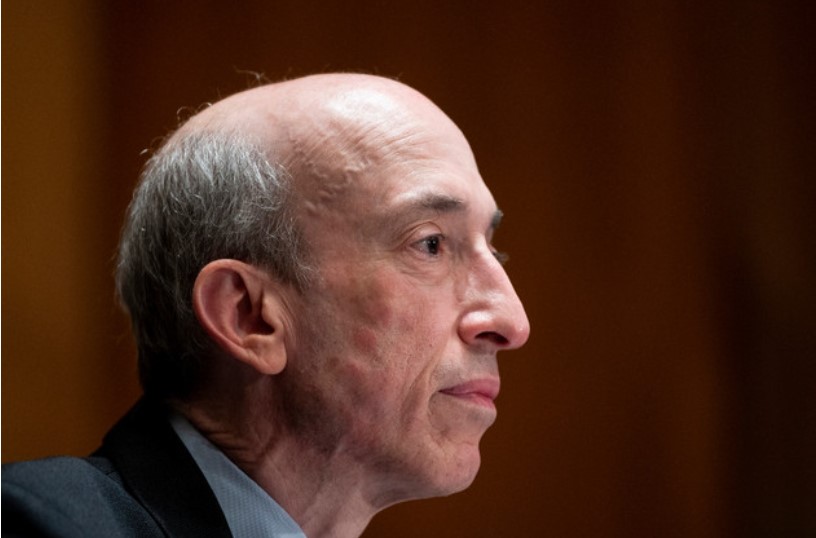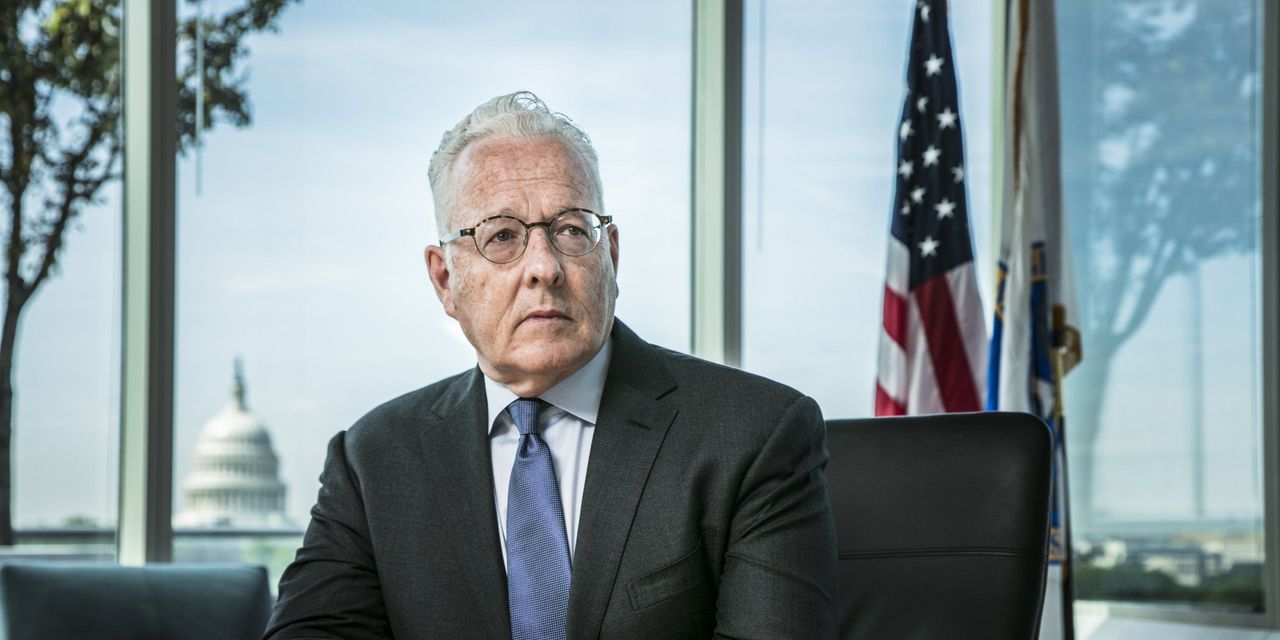By J.W. Verret. (Law360). April 1, 2024.
The term “regulation by enforcement” was coined in 1990 by Harvey Pitt in his days as a Yale law professor, about a decade after he served as general counsel of the U.S. Securities and Exchange Commission and before he became chair of the SEC. The warning was eerily similar to President Dwight D. Eisenhower’s farewell address cautioning about the growth of the military-industrial complex.
Regulation by enforcement has become manifest in the SEC’s approach to the emerging technology of cryptocurrencies, using lawsuits instead of rulemaking to claim that all digital assets are unregistered securities and fully under the commission’s authority.
Pitt’s term doesn’t fully capture what the SEC’s strategy on crypto has evolved into: “Enforcement by destruction” is more apt.
There is a lengthening docket of SEC lawsuits over unregistered crypto-asset securities, where no fraud was alleged and there has been no evidence of harm to investors.[1] Some of the SEC’s chosen defendants don’t have the resources to properly fight the allegations, and must choose between surrender or bankruptcy — and may end up with both. And those that do, like Ripple Labs, face nearly $2 billion in fines from the SEC.
Private litigators understand spurious claims can be an effective means of drowning a defendant in legal costs even for meritless litigation. The SEC’s apparent adoption of this tactic has come to dominate its enforcement actions alleging failure to register crypto-asset securities.
It knows it may lose on the merits of its claims, as it did for most of the claims in the Ripple case, but is seemingly betting that the financial harm of prolonged litigation will far outweigh an eventual fine and the defendants will fold. The SEC gets a victorious press release, but the markets get no clarity on what compliance actually means.
The SEC could have easily provided that clarity by granting Coinbase‘s 2023 petition for a crypto rulemaking from the commission after the company received a Wells notice a year ago, but the SEC has stubbornly refused to take up the request, which is now before the U.S. Court of Appeals for the Third Circuit.[2]
The SEC’s apparent shift to destruction as a tactic was evident in its 2022 lawsuit in the U.S. District Court for the District of New Hampshire against LBRY, which built a blockchain-based content platform seeking to be a decentralized and uncensored version of YouTube. The SEC said LBRY’s distribution of the LBC token, a form of user credit on its platform, was an unregistered securities offering. The company decided to fight in court without the financial heft to mount a strong defense.
By the time LBRY later went bankrupt and shut down during the remedies phase, the SEC had reduced the fine it was seeking from $22 million to a mere $111,614. This provoked a public dissent by SEC Commissioner Hester Peirce, who questioned the proportionality and fairness of causing “the demise of a company” in a dispute over registering a token.[3]
“This case illustrates the arbitrariness and real-life consequences of the Commission’s misguided enforcement-driven approach to crypto,” Peirce said.
In my own review of settlements obtained between 2019 and today where the SEC simply alleged unregistered offerings of crypto-asset securities, the civil penalties it ultimately collected averaged 11.6% of the alleged unregistered sales. If no investors were defrauded or harmed in any of these cases, what was the point of threatening these companies with destruction if they opted to defend themselves?
Unlike LBRY, Ripple had the resources to fight the SEC’s allegation that all sales of its XRP digital token, even on public exchanges, are unregistered investment contracts in Ripple. After more than three years in court, U.S. District Judge Analisa Torres of the U.S. District Court for the Southern District of New York in July 2023 found only a narrow set of actual investment contracts with institutional investors were unregistered securities, and dismissed the rest of the SEC’s claims.
Ripple is now eight months into the remedies stage. The SEC also promises to appeal Judge Torres’ ruling despite it being narrowly tailored to facts and circumstances and not setting any precedent. Brad Garlinghouse, Ripple’s CEO, said in December 2022 that the case has cost the company over $100 million so far, having long offered to settle in exchange for the legal clarity that Judge Torres ultimately provided.[4]
But the SEC on March 27 revised its demand to now nearly $2 billion in fines for those institutional sales where all the investors made money.[5] Actual regulation or useful legal clarity won’t be a result, since even if courts determine that some sales were of securities, the courts can’t fashion a workable registration regime for crypto. Only the SEC can do that. What results instead is just more legal costs.
Regulation by enforcement has always been an opaque process that fails to clearly define the rules or what compliance entails. The SEC’s use of it against digital assets indicates it’s more interested in causing harm to crypto companies than providing guidance to the markets or protecting investors.
The consequences of this shift are far-reaching. By pursuing this strategy, the SEC risks permanent damage to its authority and credibility for little reward. It also opens the door for financially secure defendants like Ripple to make arguments to appellate courts on wider questions of law, which could ultimately boomerang on the commission.
The more the SEC engages in enforcement by destruction, the higher the likelihood that its legacy will be one of undermining the very principles it is meant to uphold.
J.W. Verret is an associate professor at the George Mason University Antonin Scalia Law School. He is a former member of the SEC’s Investor Advisory Committee.
The opinions expressed are those of the author(s) and do not necessarily reflect the views of their employer, its clients, or Portfolio Media Inc., or any of its or their respective affiliates. This article is for general information purposes and is not intended to be and should not be taken as legal advice.
[1] Good list here: https://www.morrisoncohen.com/insights/the-morrison-cohen-cryptocurrency-litigation-tracker. You will see a list of them starting on page 4, most do not allege fraud but only failure to register with the SEC.
[2] https://www.sec.gov/files/rules/petitions/2022/petn4-789.pdf.
[3] https://www.sec.gov/news/statement/peirce-statement-lbry-102723.
[4] https://news.bloomberglaw.com/business-and-practice/wall-street-veteran-is-the-face-of-crypto-in-ripple-sec-fight.
[5] See last week’s news at https://finance.yahoo.com/news/sec-ripple-well-positioned-pay-044615741.html.














